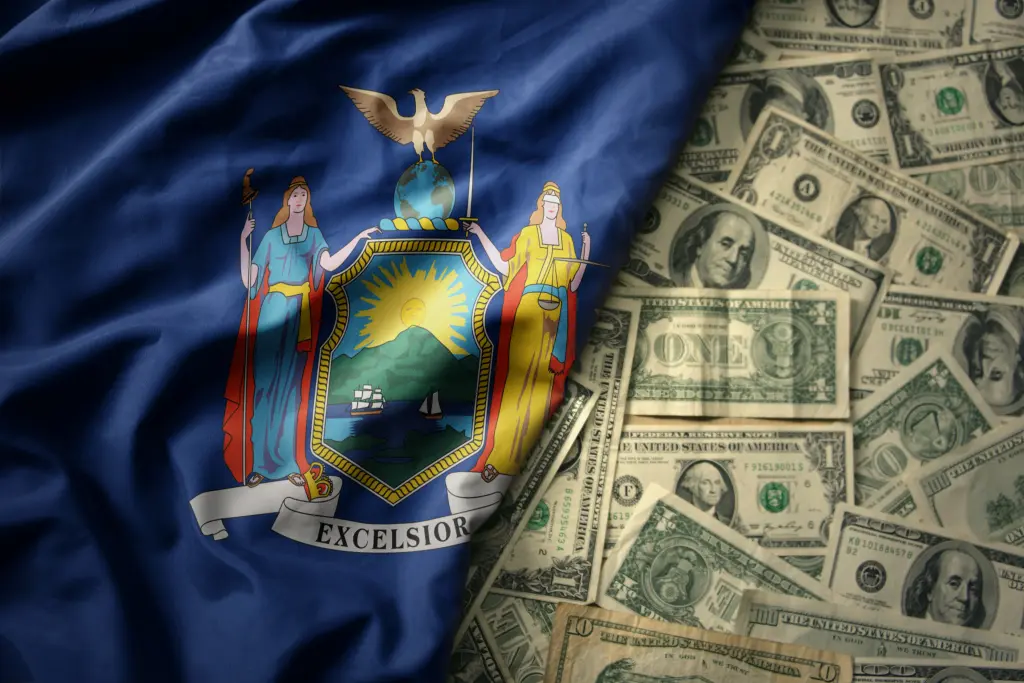New York State is intensifying efforts to combat tax evasion by wealthy individuals who claim residency elsewhere to avoid state income taxes. The exodus of millionaires from New York has raised concerns about the state’s revenue, prompting authorities to scrutinize residency claims rigorously.

The Department of Taxation and Finance has deployed a team of 300 auditors dedicated to residency audits, known for their meticulousness. These audits delve into individuals’ lifestyles and activities to determine their true residency status for tax purposes.
Under New York tax law, individuals who maintain a permanent residence in the state and spend 184 days or more there during the taxable year are classified as residents, regardless of their declared domicile. This includes any portion of a day spent within the state’s borders.
A Bloomberg report highlighted the severity of New York’s residency rules, where even a brief stop for lunch during a drive through the state can count as a full day spent there. This meticulous tracking extends to monitoring individuals’ movements through apps like TaxDay, developed by a former New York resident who experienced the scrutiny firsthand.
The crackdown on tax evasion comes as New York faces a significant loss in revenue due to the departure of high-income earners. In 2021, individuals earning above $1 million accounted for 44.5% of the state’s total income tax liability, despite comprising only 1.6% of all filers.
To address this revenue shortfall, New York authorities are leaving no stone unturned in identifying and penalizing tax evaders. The state’s heavy reliance on income tax revenue underscores the importance of ensuring compliance among high-income residents.
As New York tightens its grip on tax enforcement, wealthy individuals seeking to establish residency elsewhere must navigate the intricate rules governing tax liabilities. Failure to do so could result in significant financial penalties and legal consequences.
The crackdown on tax evasion underscores the state’s commitment to upholding tax fairness and preserving vital revenue streams to support public services and infrastructure development.